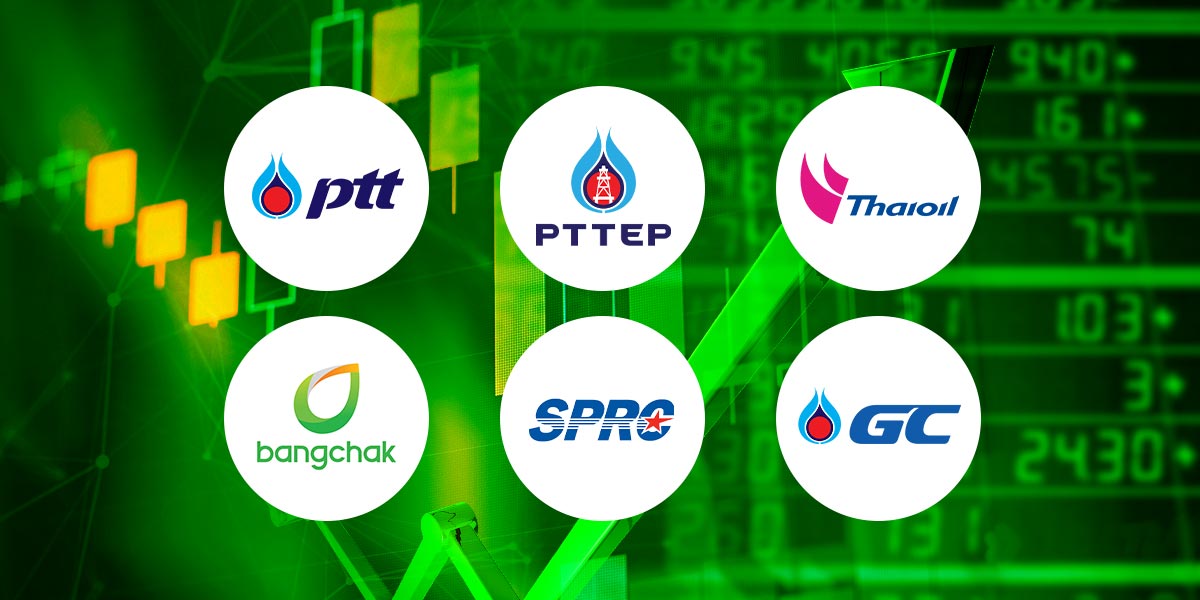On Friday at 10:26 AM (Bangkok time), the share price of PTT Exploration and Production Public Company Limited (SET: PTTEP) jumped by 8.57% or THB 9.00 to THB 114.00, with a trading value of THB 1.53 billion.
PTT Public Company Limited (SET: PTT) rose by 1.65% or THB 0.50 to THB 30.75, with a trading value of THB 692.60 million.
Thai Oil Public Company Limited (SET: TOP) surged by 3.48% or THB 1.00 to THB 29.75, with a trading value of THB 347.35 million.
PTT Global Chemical Public Company Limited (SET: PTTGC) climbed by 0.49% or THB 0.10 to THB 20.70, with a trading value of THB 117.32 million.
Bangchak Corporation Public Company Limited (SET: BCP) gained 3.55% or THB 1.25 to THB 36.50, with a trading value of THB 182.44 million.
Star Petroleum Refining Public Company Limited (SET: SPRC) soared by 3.54% or THB 0.20 to THB 5.85, with a trading value of THB 68.57 million.
The rise in Thai energy stocks came as crude oil futures skyrocketed 14% after Israel launched deadly airstrikes against Iran, killing Commander Hossein Salami of Iran’s Revolutionary Guards.
As of 9:52 local time in Thailand on Friday, June 13, 2025, the U.S. West Texas Intermediate surged 13.99% to $77.56 per barrel, while global benchmark Brent crude jumped 13.16% to $78.49 a barrel.
Israel initiated a series of airstrikes on Friday morning, local time, focusing on sites it claims are tied to Iran’s nuclear program. In the aftermath of the strikes, Israeli Defense Minister Israel Katz declared a state of emergency, cautioning the public about a likely missile and drone retaliation against Israel and its civilian population in the near future.
Prime Minister Benjamin Netanyahu addressed the Israeli public, asserting, “This operation will persist for as long as necessary to eliminate this threat.”
Meanwhile, reports from Iran’s state media indicate casualties in Tehran, the capital city. The Iranian state media further confirmed on Friday the death of Commander Hossein Salami of Iran’s Revolutionary Guards, resulting from the Israeli airstrike.
British maritime authorities have warned that rising tensions in the Middle East could threaten the security of shipping lanes. Analysts at Global Risk Management cautioned that if Iran retaliates by closing the Strait of Hormuz, as much as 20% of global oil shipments could be affected.
JPMorgan has also estimated that, should the situation escalate to the point where the Strait of Hormuz is closed, oil prices could surge to $120–130 per barrel.





